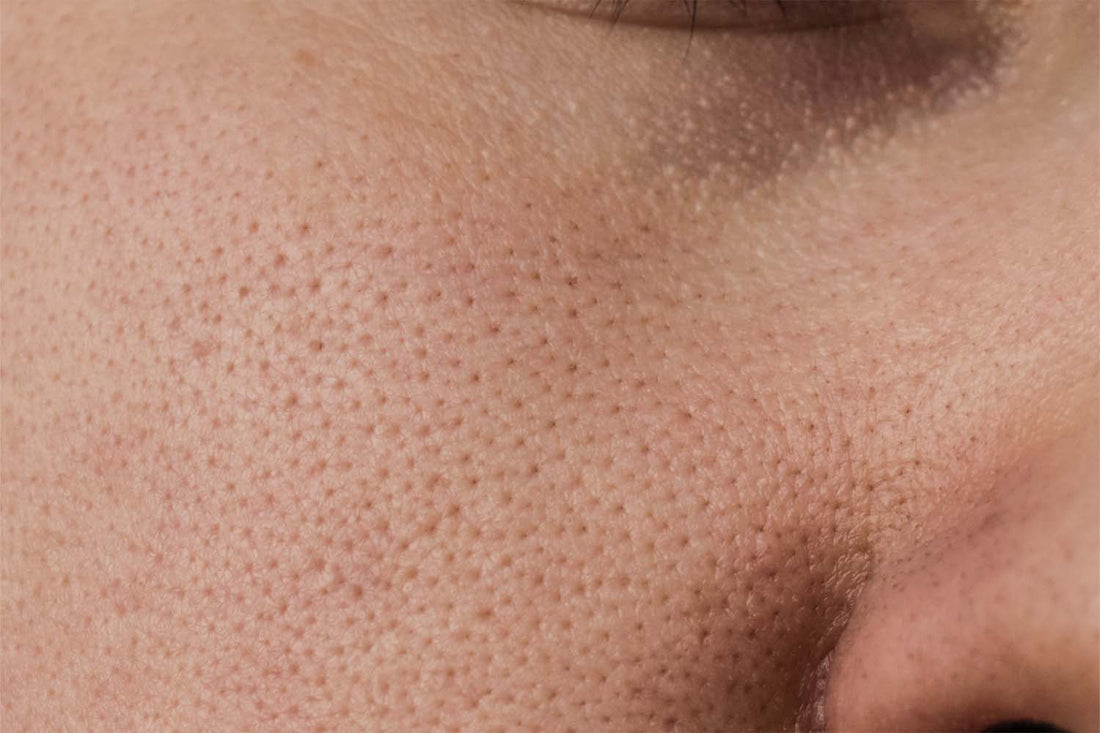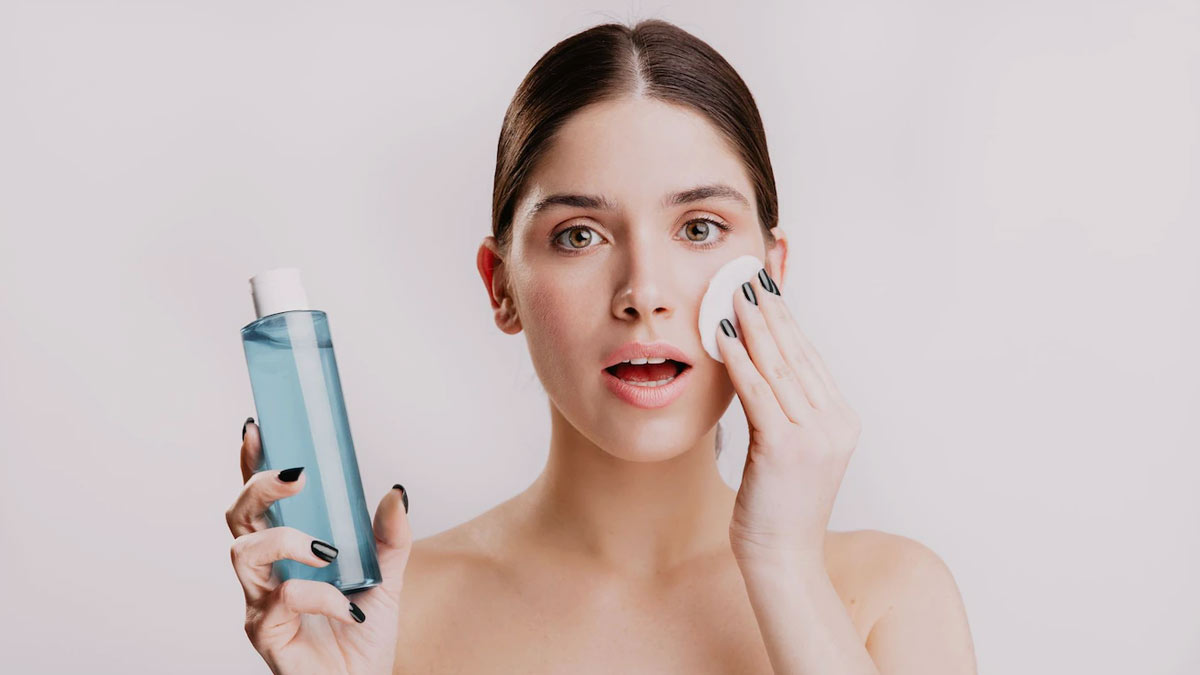The Hidden Dangers of Sleeping in Your Makeup: A Comprehensive Guide
We all lead busy lives. Between work, family, and social commitments, sometimes the last thing we want to do before bed is meticulously remove our makeup. But this seemingly harmless shortcut can have serious consequences for your skin and even your eyesight. This blog post delves into the risks, explains why diligent cleansing is crucial, and offers practical advice to make removing your makeup a non-negotiable part of your nightly routine.
The Toll on Your Skin: More Than Just Breakouts
Clogged Pores and Acne: A Recipe for Disaster
Leaving makeup on overnight transforms your face into a breeding ground for bacteria. Throughout the day, makeup attracts dirt, sweat, and oil, which become trapped in your pores when you sleep. This prevents your skin from its essential nighttime repair process, leading to clogged pores, blackheads, whiteheads, and acne breakouts. The American Academy of Dermatology highlights this as a major contributor to long-term skin problems. Essentially, you’re stopping your skin from breathing and healing.

Accelerated Aging: The Premature Wrinkle Factor
Makeup residue, combined with daily environmental pollutants, generates free radicals. These unstable molecules damage collagen, the protein responsible for keeping your skin firm and elastic. The result? Premature aging manifested as fine lines, wrinkles, and a dull complexion. Scientific research published in Free Radical Biology and Medicine underscores the link between chronic exposure to pollutants and accelerated skin aging via oxidative stress. Think of it as constantly leaving a layer of grime to slowly erode your youthful glow.

Dullness and Irritation: A Vicious Cycle
Beyond clogging pores, makeup prevents your skin from naturally shedding dead cells overnight. This leads to a buildup of debris, making your complexion appear dull and irritated. Existing skin conditions like rosacea, eczema, or dermatitis can be significantly worsened by this trapped makeup. Imagine trying to heal a wound while keeping a bandage plastered on it. The same principle applies to your skin.

The Silent Threat to Your Eyes: More Serious Than You Think
Eye Infections and Damage: The Sneaky Risks
Mascara and eyeliner, especially waterproof formulas, are notoriously difficult to remove completely. Leftover particles can migrate into your eyes, increasing the risk of several serious eye conditions. These include conjunctivitis (pink eye), styes (painful eyelid lumps), irritation, redness, ingrown lashes, and allergic reactions. A shocking case study documented a 50-year-old woman who suffered from years of chronic eye discomfort due to decades of unremoved mascara, leading to the formation of hard concretions under her eyelids that posed a serious risk of infection and potential vision loss.

Brittle and Damaged Lashes: The Beauty Sacrifice
Mascara, while enhancing your lashes, can dry them out and make them brittle when left on overnight. This leads to breakage, thinning, and even hair loss at the lash line, particularly with waterproof formulas that tend to build up over time.

The Right Way to Remove Your Makeup: A Step-by-Step Guide
Gentle Removal is Key: The Double Cleanse
Begin with a gentle makeup remover—cleansing oils, micellar waters, or gentle wipes—to break down the makeup. Follow this with a water-based cleanser to ensure thorough removal of all traces of makeup and impurities. This “double cleanse” is essential for optimal skin health.

Eyes First: Special Care for Delicate Skin
Use a dedicated eye makeup remover or micellar water on cotton pads, gently pressing against your lashes for a few seconds before wiping. Avoid harsh rubbing to protect the sensitive skin around your eyes and your lashes.

Convenience is Your Ally: Keep it Handy
Keep makeup remover wipes or micellar water by your bed for those nights when exhaustion strikes. A partial cleanse is better than no cleanse at all.
Nighttime Skincare: The Final Touch
After cleansing, apply a moisturizer suited for your skin type. Nighttime is when your skin regenerates, so nourishing it with serums or creams helps repair and protect it from environmental damage.
Debunking the Myths: Why Excuses Don’t Work
Many individuals neglect makeup removal due to fatigue or the misconception that “one night won’t hurt.” However, even occasional lapses can lead to problems. Natural makeup is not immune to causing issues, and setting sprays don’t negate the need for thorough cleansing.
Conclusion: Prioritize Your Skin and Eye Health
Removing your makeup before bed is not just a beauty ritual; it’s an essential aspect of self-care. It’s a simple, yet incredibly impactful habit that protects your skin and eyes from long-term damage. Make it a non-negotiable part of your nightly routine. Your skin and eyes will thank you.


